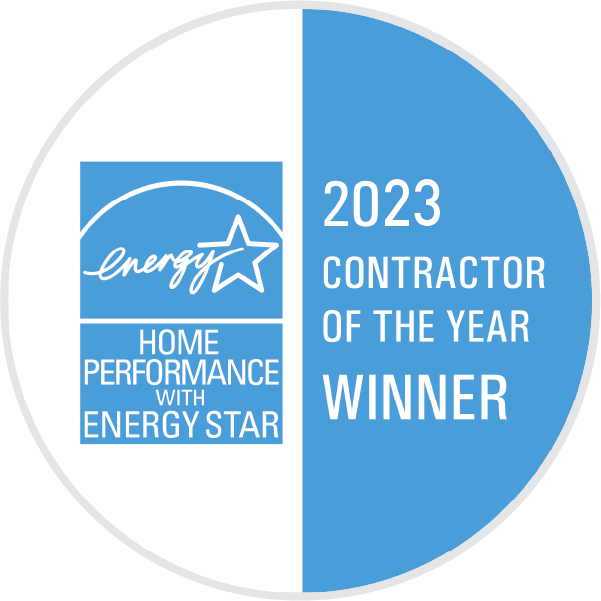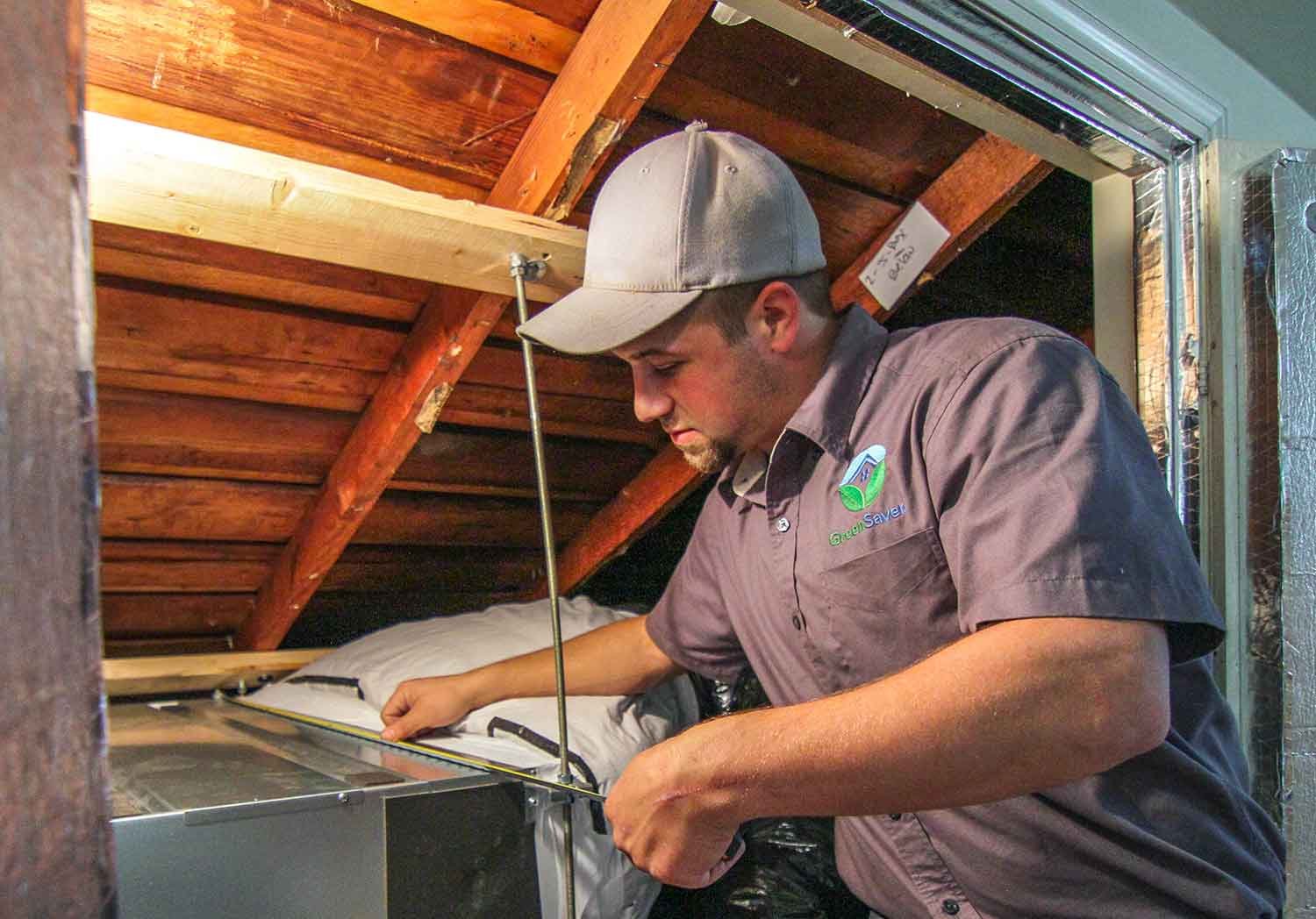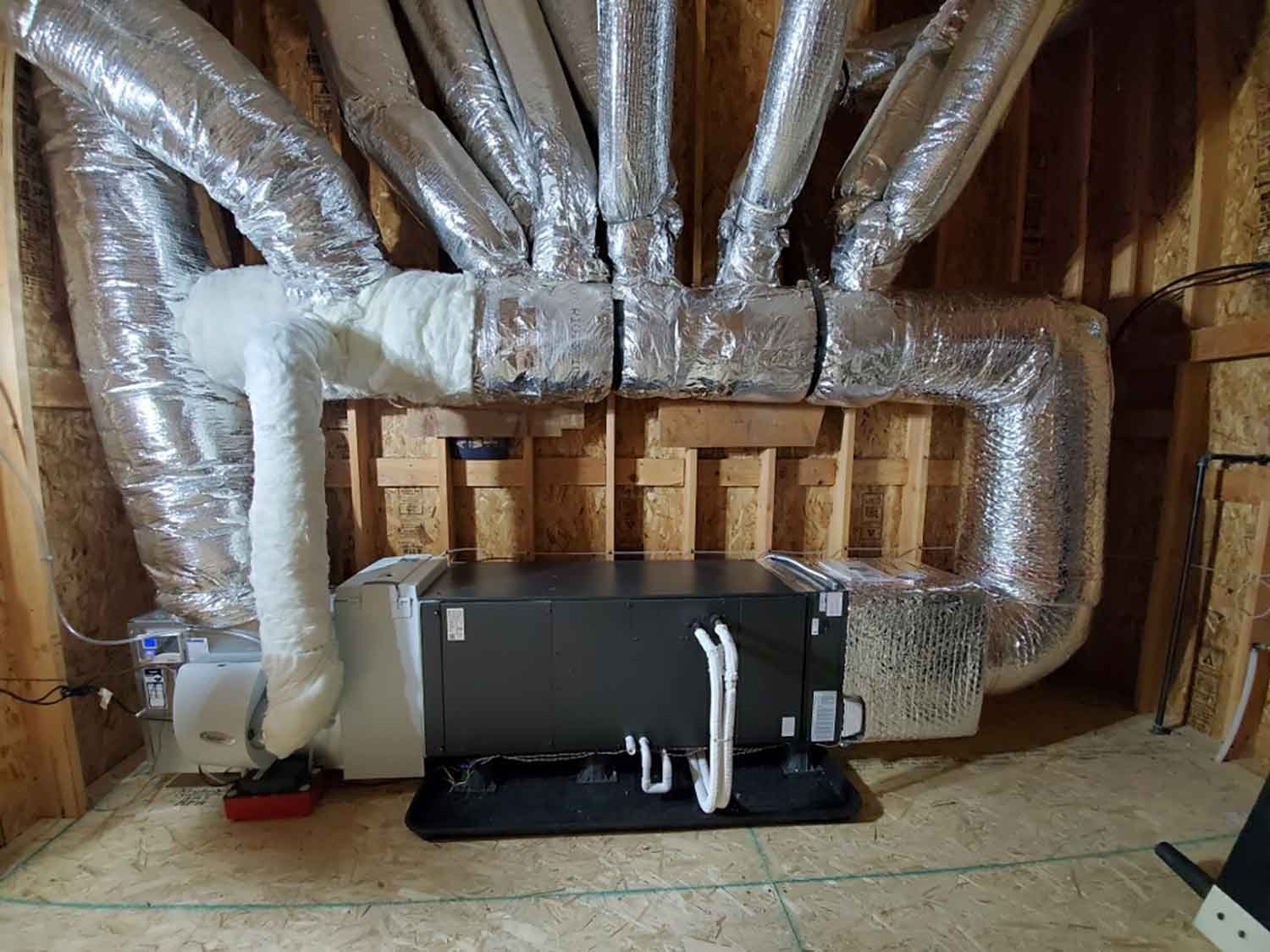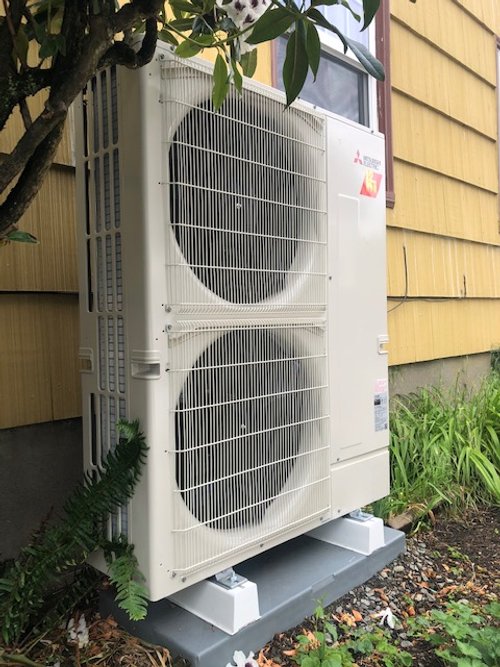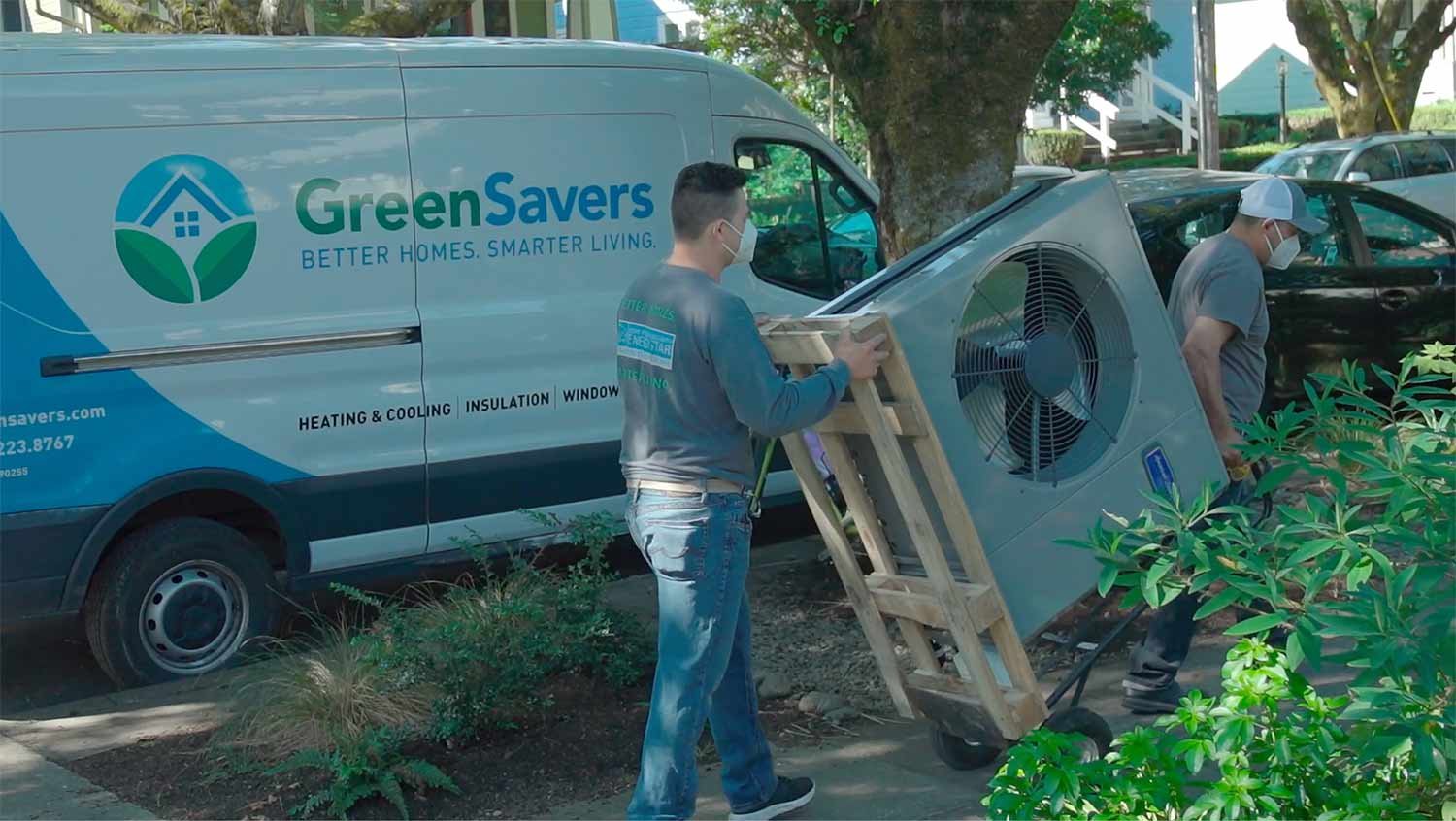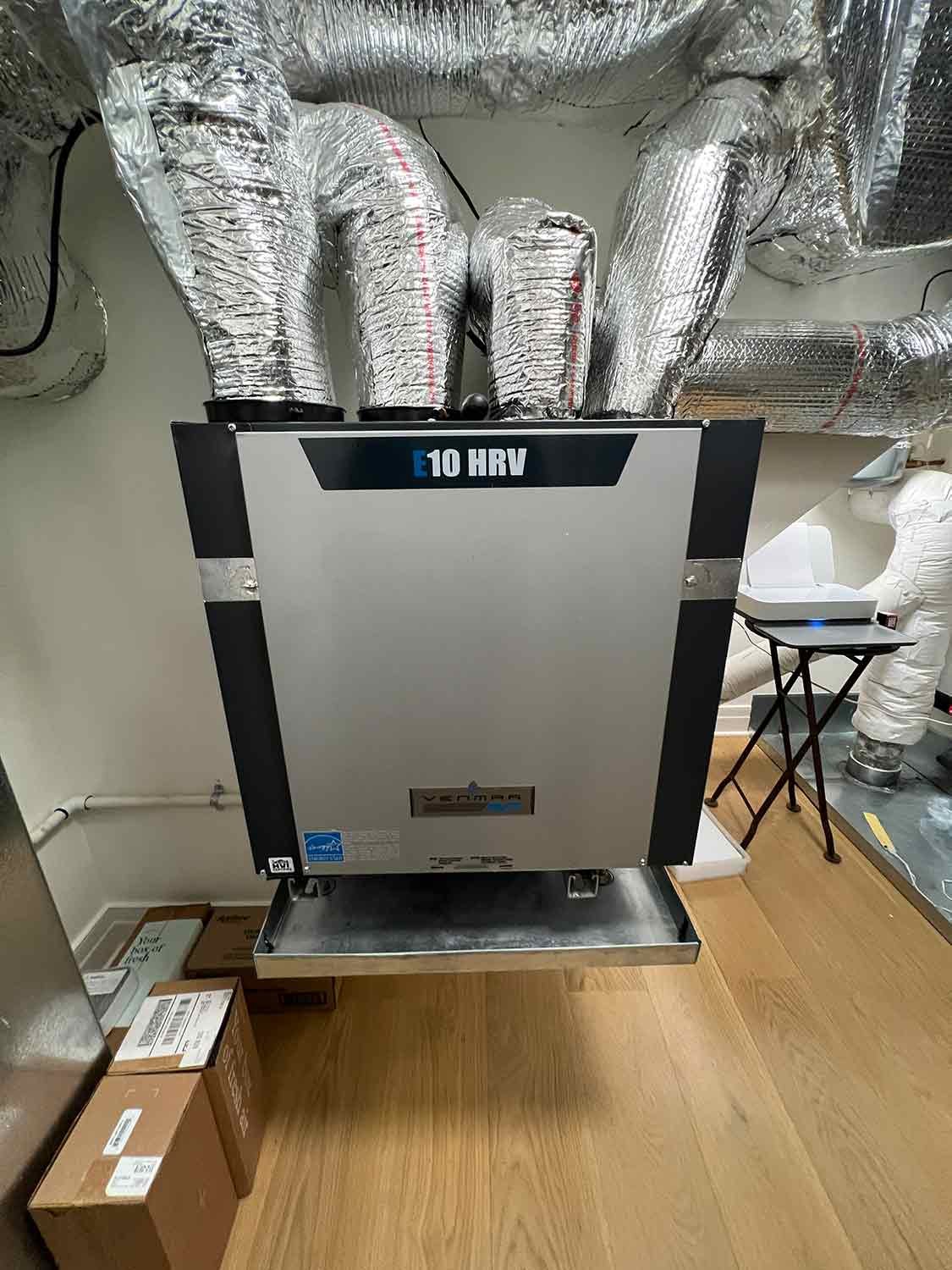The timeline and steps involved in installing an HVAC system in Bend can vary based on your home's size, type, and current condition. It also depends on the state of your existing heating and cooling setup.
Below, you’ll find some general guidelines to consider. It's important to note that timelines can fluctuate. For the most current estimate, we encourage you to reach out to us at (541) 330-8767.
Step 1: Inspection and Assessment. Prior to any new HVAC installation, a Greensavers technician will conduct a detailed inspection and assessment of both your present HVAC system and your overall home.
At GreenSavers, we adopt a holistic approach to HVAC solutions, meaning we'll examine other aspects of your dwelling that might be contributing to the issues you're experiencing with your heating and cooling systems. For instance, temperature inconsistencies might stem from poor insulation, significant air leaks, or ductwork gaps.
During the inspection, we'll delve into these factors and discuss your budget, timeline, and other project specifics. This initial step generally spans one to two hours.
Step 2: Removal and Installation. Should your home have an existing HVAC system in need of replacement, our team will meticulously disconnect and remove it, ensuring it's disposed of responsibly.
Following that, we'll proceed with the installation of your new HVAC system, adhering to the manufacturer’s guidelines as well as local codes and regulations. We'll conduct post-installation tests to confirm the system's proper and efficient operation.
Step 3: Final Inspection and Guidance. Not every project includes a post-installation overview, but we strive to conduct them whenever possible. Be sure to let us know if this is particularly important to you.
This stage provides an opportunity for a final inspection and any needed tweaks. We're also here to address any questions you might have about your new system
Overall, the process of getting a new HVAC system in Bend typically spans a few weeks to a couple of months, depending on the scope of the project. For the most up-to-date information, please contact us at (541) 330-8767.
















